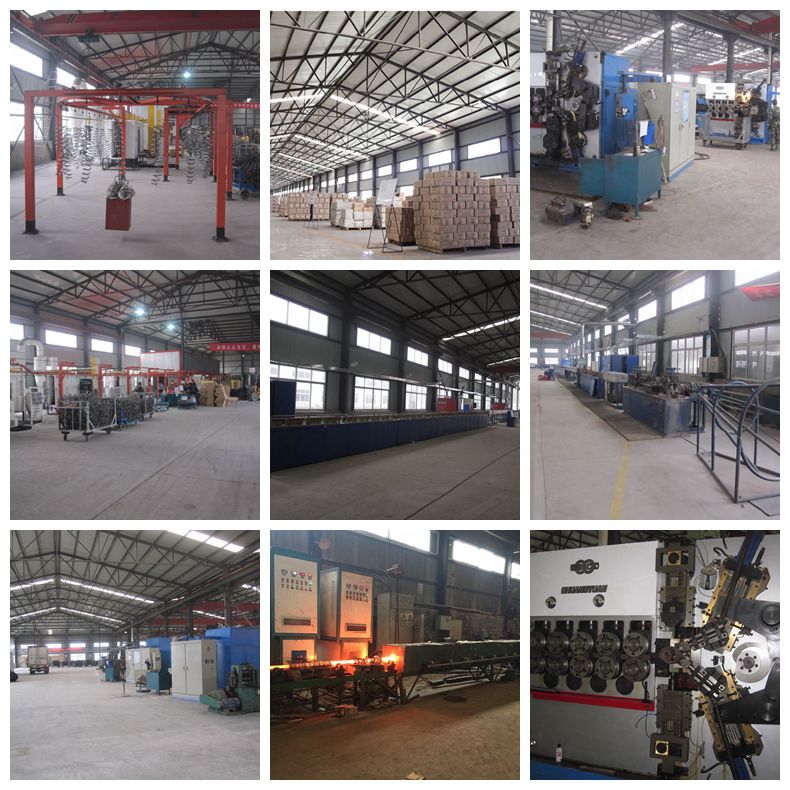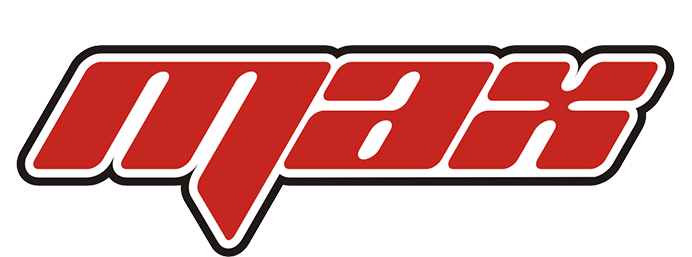Toyota agreed to raise the price of automotive steel sold to suppliers by 20% to 30%

According to foreign media reports, Toyota is Japan’s largest steel buyer and is responsible for purchasing steel for the company and its suppliers. After the latest round of talks with Nippon Steel, Toyota agreed to raise the price of automotive Steel sold to its parts suppliers by about Y40,000 ($289) a tonne between October and March, equivalent to an increase of about 20-30 per cent. The previous biggest jump was about Y20,000 a tonne between April and September.
Since fiscal 2010, Toyota and Nippon Steel have renegotiated prices every six months based on changes in the cost of iron ore, coking coal and other raw materials. In recent talks, the two companies agreed to raise prices for the third time in a row. Toyota’s purchase price is used as a benchmark by industries ranging from shipbuilding to home appliances. Many Japanese companies are said to be feeling the impact of the price hike.
The move came as the escalation between Russia and Ukraine accelerated a surge in commodity prices. Coking coal prices hit a record high in the second quarter, up 30 per cent from the first quarter. Iron ore prices are also high. Palladium, used in catalytic converters, was up more than 10% from its July low by the end of August. Toyota expects material costs to increase by 1.7 trillion yen for the current fiscal year, which runs from April 2022 to March 2023. According to foreign media reports, Toyota is Japan’s largest steel buyer and is responsible for purchasing steel for the company and its suppliers. After the latest round of talks with Nippon Steel, Toyota agreed to raise the price of automotive Steel sold to its parts suppliers by about Y40,000 ($289) a tonne between October and March, equivalent to an increase of about 20-30 per cent. The previous biggest jump was about Y20,000 a tonne between April and September.
Since fiscal 2010, Toyota and Nippon Steel have renegotiated prices every six months based on changes in the cost of iron ore, coking coal and other raw materials. In recent talks, the two companies agreed to raise prices for the third time in a row. Toyota’s purchase price is used as a benchmark by industries ranging from shipbuilding to home appliances. Many Japanese companies are said to be feeling the impact of the price hike.
The move came as the escalation between Russia and Ukraine accelerated a surge in commodity prices. Coking coal prices hit a record high in the second quarter, up 30 per cent from the first quarter. Iron ore prices are also high. Palladium, used in catalytic converters, was up more than 10% from its July low by the end of August. Toyota expects material costs to increase by 1.7 trillion yen for the current fiscal year, which runs from April 2022 to March 2023.
Post time: Mar-03-2023
